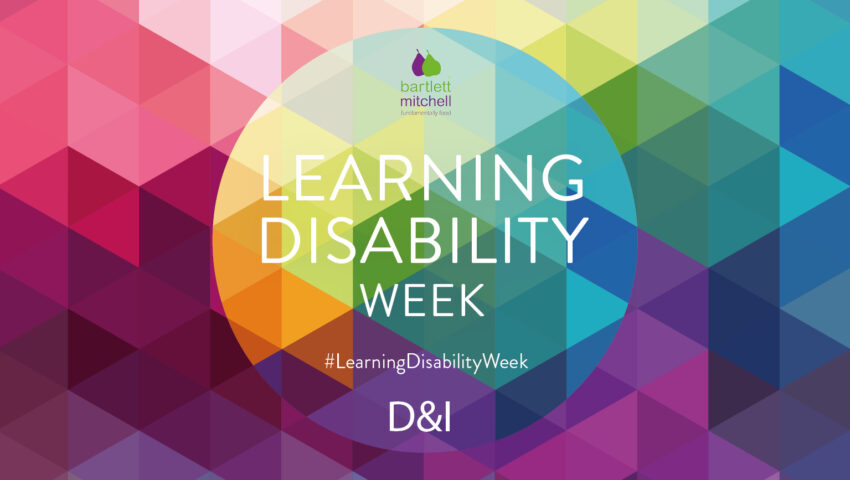Blogs
Understanding Autism and Learning Disabilities

Recently we were lucky enough to receive training from Ben Taylor a Practice Development Nurse for Learning Disabilities and Autism, who shared some insights into Autism and learning disabilities, how lives are affected and how we can support individuals within the bmFamily 💜💚 who may identify within this spectrum.
What is Autism
Autism is a lifelong, developmental disability that affects how a person communicates with and relates to other people, and how they experience the world around them.
Autism Facts
- 70% of adults with autism have/do experience mental heath difficulties
- Only 32% of autistic adults are in some kind of paid employment (compared to 80% of non-disabled people and 47% of disabled people)
- A mere 16% of autistic adults are in full-time paid employment
- 40% of autistic adults working part-time want to work more hours
- 77% of unemployed autistic adults want employment
Autistic Spectrum Disorder
Social Communication
Autistic people often have difficulty ‘reading’ other people – recognising or understanding others’ feelings and intentions – and expressing their own emotions. This can make it very hard to navigate the social world:
- Difficulties with both verbal and non-verbal language
- Take things very literally
- Cannot read facial expressions or tone of voice
- Does not understand jokes or sarcasm
- Unable to take turns in a conversation
- Only wants to talk about their own interests
Imagination Difficulties
- Difficulty in understanding people’s feelings
- Unable to think ahead and predict what might happen
- Does not understand the concept of danger
- Finds it difficult to engage in imaginative play or role playing
- Have a dislike for new or unfamiliar situations
- Does not like change to routine
What is a Learning Disability
A learning disability is defined by the Department of Health as a “significant reduced ability to understand new or complex information, to learn new skills (impaired intelligence), with a reduced ability to cope independently (impaired social functioning), which started before adulthood”.
Learning Disability Facts
- 40% of adults with a learning disability have mental health problems – more than double the rate of mental health problems in the general population.
- 85% of disabled adults between 18-34 feel lonely
- 64% of UK sports clubs lack appropriate equipment for people with a disability.
- 36% of over 16s play sport at least once a week but for over 16s with a disability or long term illness this is more than half at just 17%
- 22% of young people have a low income in families where someone has a disability .
- Only 6% of adults with learning disability, known to their local authority in England, are in paid work
- 1.4 million people with a learning disability in the UK
Supporting Individuals with Learning Disabilities
There are lots of ways you can support individuals with learning disabilities within the workplace, here are just a few ideas:
- Allow team members to give verbal, rather than written, responses
- Flexible working hours
- Colour-code materials, folders, labels etc.
- Promote the use of calendars that provide digital reminders of meetings, deadlines etc.
- Provide checklists for tasks.
- Offer work trials as an alternative to a formal interview
- Divide large jobs into smaller tasks with specific goals.
- Provide a job mentor to provide support
- Allow additional training time on new tasks or processes.
We support all our #bmFamily💜💚 and embrace their diverse backgrounds to ensure an inclusive environment for all and most importantly, a sense of belonging.




